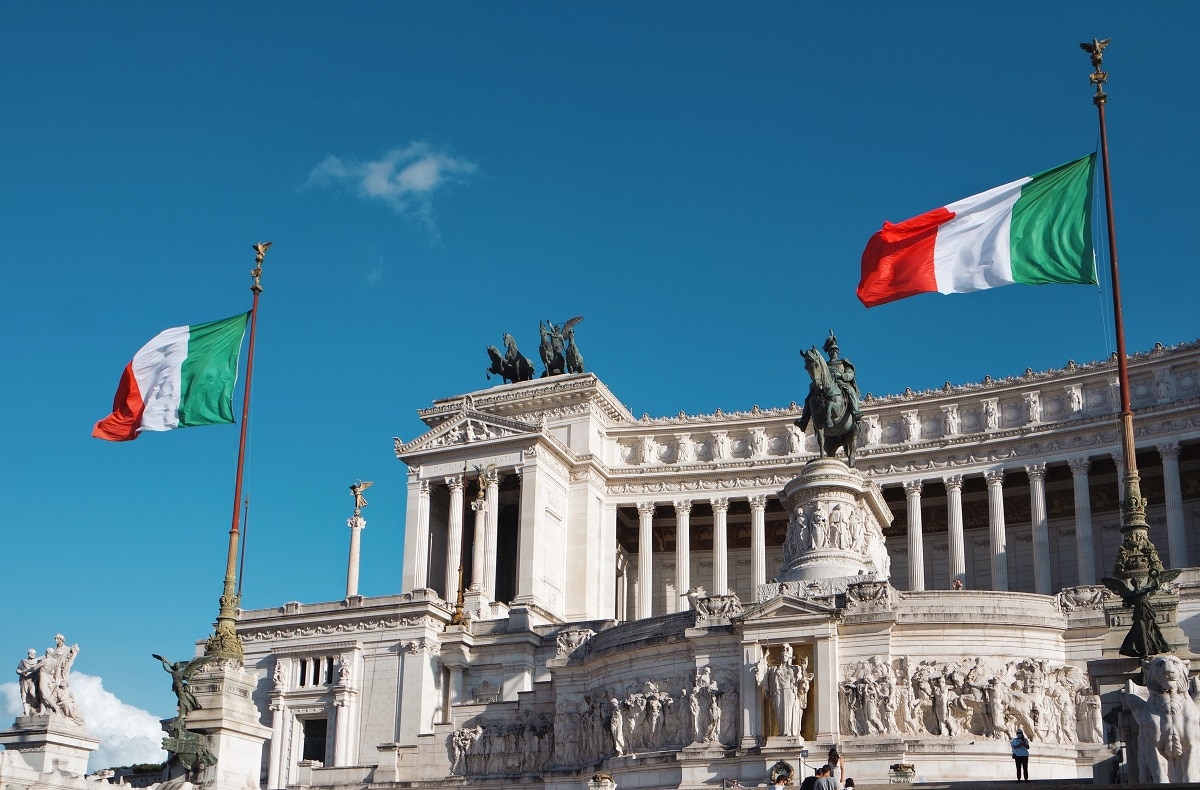The dream of becoming an Italian citizen just got a harsh reality check for many. On March 28, 2025, the Italian government enacted Decree-Law No. 36, introducing significant reforms to the nation’s citizenship by descent policies, reports Reuters. This legislative change marks a pivotal shift in Italy’s approach to nationality, aiming to address longstanding concerns about the previous system’s expansiveness and potential for misuse.
Italian Citizenship Laws
Historically, Italy’s citizenship laws were notably inclusive, particularly concerning the principle of jus sanguinis (right of blood). This doctrine allowed individuals with Italian ancestry, regardless of generational distance, to claim Italian citizenship.

Consequently, millions worldwide, especially in countries like Argentina and Brazil—nations that experienced significant Italian emigration in the late 19th and early 20th centuries—became eligible to seek Italian nationality. Estimates suggested that between 60 to 80 million people globally could potentially qualify under these provisions.
Why Has the Law Changed
The expansive eligibility criteria led to a surge in citizenship applications, overwhelming Italian consulates and municipal offices. For instance, from 2014 to 2024, the number of Italians residing abroad increased by 40%, rising from 4.6 million to 6.4 million.
In Argentina alone, citizenship recognitions jumped to 30,000 in 2024 from 20,000 in 2023, while Brazil saw an increase to 20,000 from 14,000. This influx strained administrative resources and raised concerns about the authenticity of applicants’ connections to Italy.
Foreign Minister Antonio Tajani highlighted abuses within the system, noting that some individuals pursued Italian passports primarily for the benefits they conferred, such as visa-free travel, rather than a genuine link to Italian culture or society. He emphasized, “Being an Italian citizen is a serious thing. … .”
Key Provisions of Decree-Law No. 36
The newly enacted decree introduces several critical changes to the citizenship by descent process:
1. Generational Limitations: Automatic recognition of citizenship is now confined to two generations. Individuals with at least one parent or … are eligible. Those tracing lineage beyond this—such as great-grandchildren—must demonstrate a “genuine link” to Italy, which could include recent residence or direct parental ties.
2. Proof of Connection: Applicants beyond the second generation are required to establish a tangible connection to Italy. This move aligns Italy’s policies with other European nations that mandate a demonstrable bond between applicants and the country.
3. Enhanced Documentation Standards: The decree tightens evidentiary requirements. In court proceedings, applicants can no longer rely solely on sworn statements or testimonies; comprehensive documentary proof is now mandatory.

Exceptions and Transitional Provisions
The decree outlines specific exceptions to these new restrictions:
• Prior Recognitions: Individuals whose citizenship was formally recognized (either judicially or administratively) by 11:59 PM on March 27, 2025, are unaffected by the new rules.
• Immediate Ancestry: Applicants with at least one parent born in Italy remain eligible.
• Parental Residency: Those whose parent resided continuously in Italy for at least two years before their birth or adoption can apply under the previous criteria.
• Grandparental Connection: Individuals with a grandparent born in Italy are still considered eligible.
What Does This Mean for Future Applicants?
For many aspiring Italian citizens, especially those in the Americas with distant ancestral ties, these reforms represent a significant shift. The automatic transmission of citizenship across multiple generations has been curtailed, necessitating a more direct and recent connection to Italy.
This change aims to ensure that citizenship is granted to individuals with a meaningful bond to the nation, rather than solely ancestral ties.
The decree has faced criticism from various quarters. Some argue that it discriminates against individuals based on their place of birth and imposes retroactive measures that could be deemed unconstitutional.
Legal experts have pointed out that retroactively revoking citizenship contradicts established jurisprudence from Italy’s Supreme and Constitutional Courts, which have historically recognized citizenship by descent under laws effective at the time of an individual’s birth.
This legislative move occurs amid broader debates on immigration and national identity in Italy. In September 2024, pro-migrant groups and opposition parties gathered sufficient signatures to trigger a referendum aimed at easing Italy’s stringent citizenship laws for foreigners.
The proposed changes sought to reduce the residency requirement for naturalization from ten to five years and allow new citizens to immediately pass on their nationality to their children. While this referendum reflects a push towards inclusivity, the government’s recent decree indicates a contrasting intent to tighten citizenship criteria, emphasizing genuine connections over distant ancestry.


Leave a Comment